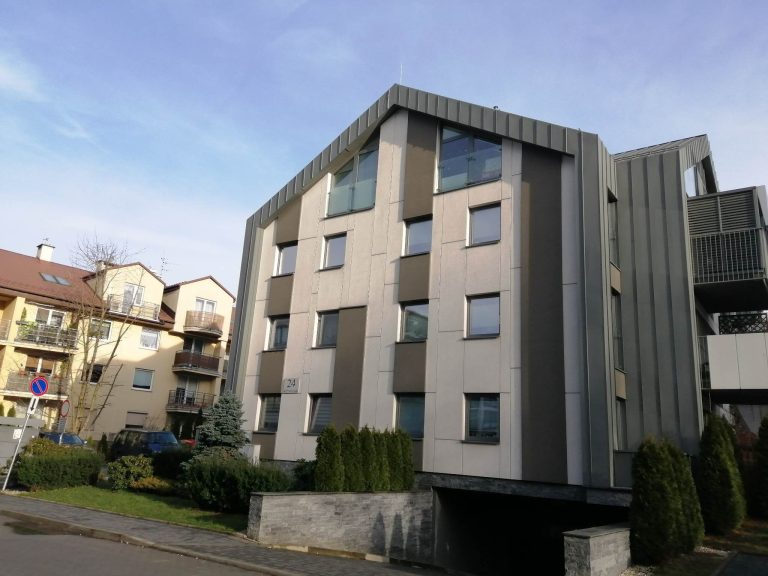For almost a year, property owners have had a new obligation. Even 5 thousand PLN fine

The energy certificate law has been in force since April last year. We would like to remind you who should have such a document, how much it costs and what consequences you have to face in the absence of a certificate.
The energy certificate was introduced as a mandatory document on April 28, 2023. This document is for people who sell or rent a building or apartment, as well as those who build new properties.
Energy certificate. Who must own?
The following entities should have an energy certificate: owners of all buildings constructed after 2009, owners of buildings constructed before 2009 and intended for sale or rent. However, owners of buildings built before 2009 who use them only for private use do not have to have the document. However, when they decide to sell or rent the facility, they must obtain a certificate.
The introduction of the energy certificate was explained by the Ministry of Development and Technology as the promotion of energy-efficient construction, as well as increasing public awareness of the possibilities of achieving energy savings in buildings. – Thanks to the information contained in the certificate, the owner, tenant or user can determine the approximate annual energy demand and, therefore, the associated maintenance costs – explained the Ministry of Development and Technology.
An energy certificate costs several hundred zlotys. To prepare the document, an energy report is required, which is authorized to be carried out by persons with appropriate construction qualifications or companies specializing in audits.
As Interia.pl notes, the price of an energy certificate is influenced by two things – the size of the facility and its location. The price usually ranges from PLN 500 to PLN 800, but owners of large houses in large cities will pay PLN 1,000 or even more.
Heating system inspections
The regulations that have been in force for almost a year have also introduced cyclical inspections of heating systems. Their frequency depends on the heat source. The power of the boiler and the fuel it is fired with are important. Inspections are carried out in four cyclical periods:
-
inspection once every 2 years – boilers fired with liquid or solid fuel with a nominal thermal power exceeding 100 kW are subject to inspection,
-
inspection once every 3 years – it covers heat sources not listed in the list, accessible parts of the heating system or combined heating and ventilation system, with a total nominal thermal power greater than 70 kW,
-
inspection once every 4 years – gas-heated boilers with a nominal thermal power exceeding 100 kW are subject to inspection,
-
inspection once every 5 years – boilers with a nominal thermal power from 20 kW to 100 kW are subject to inspection.
For lack of an energy certificate, you can pay a fine of up to PLN 5,000. zloty.






